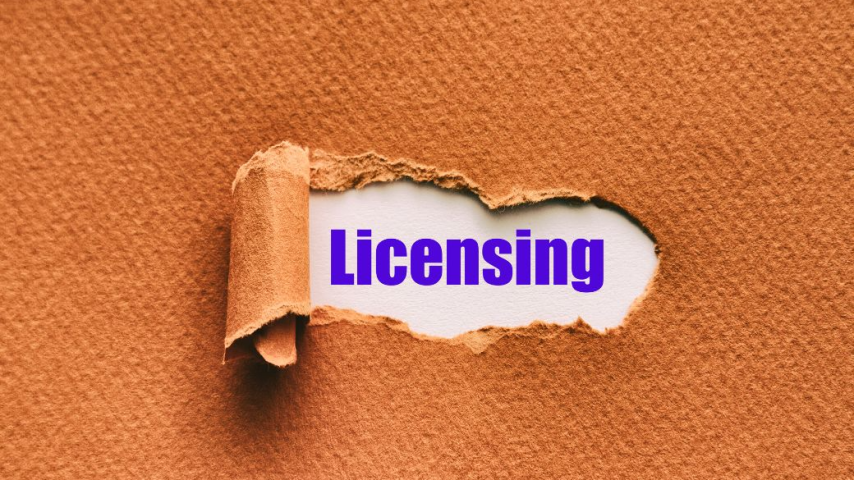Request Free Content Marketing Campaign Info.
Resource Articles
Managing Your Expectations about Royalties
By MarketBlast

Request Free Content Marketing Campaign Info.
Introduction
to Licensing Agreements
Bringing
a new invention to market can be an exciting and potentially lucrative endeavor
for inventors. A common method for monetizing an invention is through licensing
agreements, where inventors grant third parties the rights to use, manufacture,
or sell their patented technology in exchange for royalties. While the prospect
of earning royalties can be enticing, it is crucial for inventors to manage
their expectations and understand the various factors that can influence the
amount of royalties they might receive.
Key
Factors Influencing Royalty Amounts
To
effectively negotiate a licensing agreement, inventors should be aware of
several key factors that impact royalty amounts. The uniqueness and market
demand for the invention play a significant role; a novel invention that
addresses a considerable market need is likely to command higher royalties than
a less distinctive or niche product. Additionally, evaluating the level of
competition in the industry is essential. In highly competitive markets with
multiple offerings, inventors may need to be more flexible with their royalty
expectations to attract interest from potential licensees. Conversely, in
emerging or niche markets, where the invention fulfills a unique gap, inventors
have more leverage to negotiate favorable terms.
Assessing
Commercial Success
Assessing
the potential for commercial success is another critical element in royalty
negotiations. Inventors should analyze the market readiness of their
inventions, the scalability of the technology, and the licensee’s capability to
successfully bring the product to market. Licensing agreements that provide a
clear path to commercialization and revenue generation tend to yield higher
royalties. This evaluation helps inventors set realistic expectations for
royalty outcomes.
Understanding
Bargaining Power
Moreover,
the bargaining power of both parties involved in the licensing agreement must
be considered. Larger companies, with their established market presence and
distribution channels, often have greater negotiation leverage and may seek to
pay inventors lower royalties. In contrast, smaller firms and startups looking
to access innovative technologies might be more inclined to agree to higher
royalty rates to secure valuable intellectual property.
Stage
of Development of the Invention
Another
important aspect to factor in is the stage of development of the invention.
Early-stage technologies that require further research and development may
initially command lower royalties, with potential for increases as the product
gains traction. In contrast, fully developed inventions with demonstrated
market demand can warrant higher royalty rates from licensees.
Duration
and Exclusivity of Licensing Agreements
Additionally,
inventors should carefully evaluate the duration and exclusivity of the
licensing agreement. Longer agreements granting exclusive rights to the
licensee often justify higher royalty rates, as the licensee enjoys an extended
period of market exclusivity. On the other hand, shorter or non-exclusive
agreements might result in lower royalty rates, necessitating negotiations with
multiple licensees to maximize earnings.
In
Summary
Inventors
should approach royalty negotiations with a comprehensive understanding of
their invention's value proposition, market potential, and competitive
landscape. By setting realistic expectations based on thorough research and
analysis, inventors can enhance their chances of securing fair compensation for
their inventions and establishing mutually beneficial partnerships. This
strategic approach not only maximizes the financial return on intellectual
property but also fosters innovation and commercialization in the marketplace.
Request Free Content Marketing Campaign Info.
Founded with the vision to transform the
landscape for monetizing and commercializing innovative products and brands,
MarketBlast® is the leading Product Hunt and Submission Management Platform
connecting buyers and sellers across the globe. Since our inception, we have
been dedicated to empowering small companies, startups, entrepreneurs and
emerging brands to connect directly with industry companies and accelerate
their own marketing and sales efforts to achieve lasting results.
At MarketBlast®, we believe
that innovation thrives on collaboration. Our platform provides seamless access
to a diverse network of companies, proprietary content marketing and
advertising programs, and access to a wide range of resources designed to
support the overall journey toward success.
For more information on signing up for a
premium membership or to start a content marketing campaign for your products,
email info@marketblast.com or
visit MarketBlast®.
Other Related
Articles
Where to Submit Invention Ideas for
Royalties
How Do You Send a Press Release
How Do You Write a Press Release?